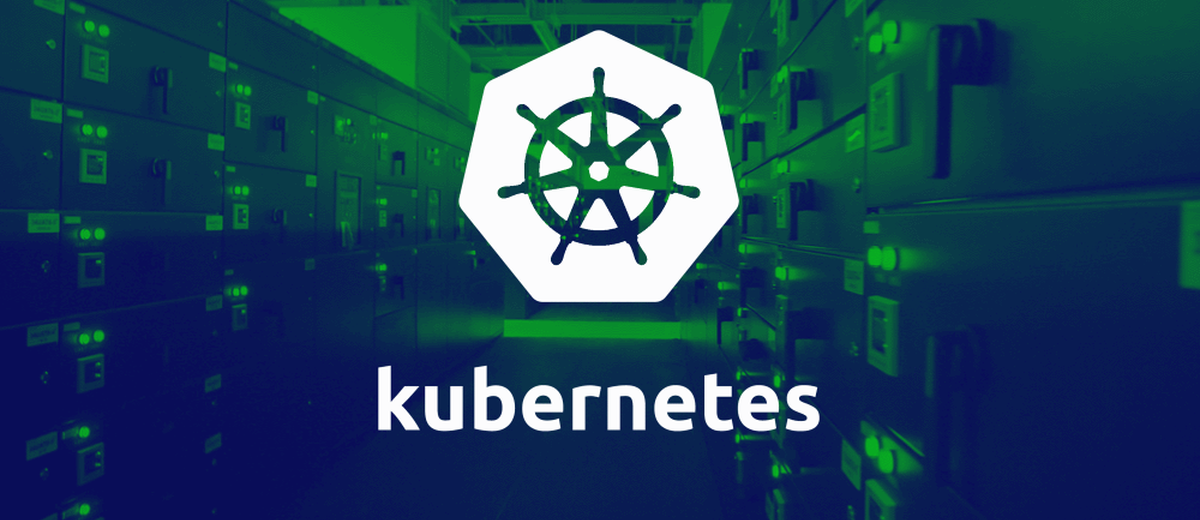
Micro Kubernetes or just MicroK8s is the smallest production Kubernetes, simple and pure for laptops, clusters, IoT and Edge Computing, on Intel and ARM, according to Canonical, its developer.
MicroK8s no configuration required, supports automatic updates and GPU acceleration. On Thursday, the publisher announced the arrival of high availability (HA) on MicroK8s.
Kubernetes is a platform extensible and portable open source for containerized service and workload management. Promotes both declarative configuration writing and automation. It is a large and rapidly expanding ecosystem.
Kubernetes tools, support, and services are widely available. Originally developed by Google, its development was entrusted to the open source Cloud Native Computing Foundation (CNCF), which allowed container orchestration technology to mature rapidly.
MicroK8s, although small and simple, is a full Kubernetes implementation. It incorporates automatic updates and well-defined security capabilities.
As well includes Canonical open source add-on servicessuch as container registration, storage transfer, and native GPGPU activation for hardware acceleration and machine learning workflows. Now with HA, MicroK8s is ready to use for offline development, IoT applications, testing, prototyping, or to build a CI / CD pipeline.
What is a highly available Kubernetes?
A highly available Kubernetes cluster it can withstand any component failure and continue to provide uninterrupted workloads. Also, with the new version of MicroK8s,
HA is activated automatically as soon as three or more nodes are grouped, and the data store automatically migrates between nodes to maintain quorum in the event of failure. Designed as a minimal supported Kubernetes, MicroK8s is easily installed and bundled on Linux, macOS, or Windows.
To function, a Kubernetes HA cluster needs 3 items. This is how it works on MicroK8s:
- There must be multiple compute nodes, since MicroK8s uses each node as a worker node, there is always more than one worker if there is more than one node in the cluster.
- Kubernetes API services must run on more than one node, so losing a single node does not render the cluster unusable.
- Each node in the MicroK8s cluster is an API server, simplifying load balancing and thus allowing instant failover to a different API endpoint in the event of a failure of one of them;
The cluster health must be in a trusted data store. By default, MicroK8s uses Dqlite, a highly available SQLite, as its data store.
According to Canonical, tAll that is needed for MicroK8s HA is to have at least three nodes in the cluster, from which Dqlite is automatically highly available.
If the cluster has more than three nodes, the additional nodes will be standby candidates for the data store and will be automatically promoted if the data store loses any of its nodes.
Our goal is to eliminate day-to-day management of Kubernetes clusters.
Install, bundle, and then watch it fly. You can configure MicroK8s if you want. Most people don't bother.
MicroK8s will apply security updates automatically by default, defer them if you wish. Upgrade to a newer version of Kubernetes with a single command. It really is that easy.
Automatic promotion of standby nodes in the Dqlite voting cluster makes MicroK8s HA self-sufficient and ensures that quorum is maintained even if no administrative action is taken.
MicroK8s provides a production-grade Kubernetes cluster just adding additional MicroK8s nodes.
Administrators can perform tasks on any node. Three of the nodes are automatically selected to provide the data store for the Kubernetes control plane, based on their capacity and usage. If a data store node fails, another node is promoted to participate in the data store consensus.
If you want to know more about it, you can check the details in the following link.